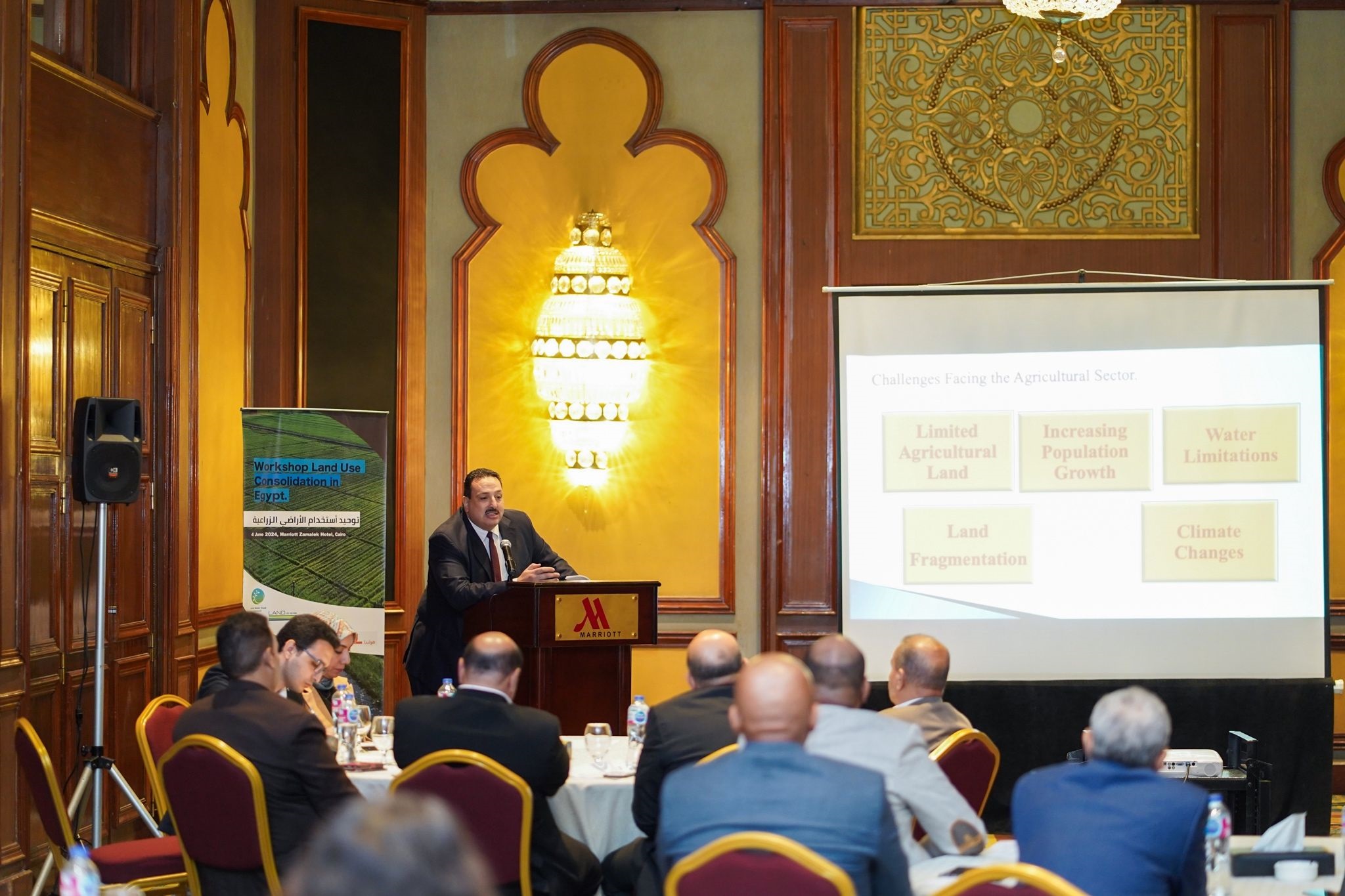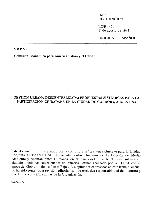The Dutch United Provinces declared their independence from Spain in 1579; during the 17th century, they became a leading seafaring and commercial power, with settlements and colonies around the world. After a 20-year French occupation, a Kingdom of the Netherlands was formed in 1815. In 1830, Belgium seceded and formed a separate kingdom. The Netherlands remained neutral in World War I, but suffered German invasion and occupation in World War II. A modern, industrialized nation, the Netherlands is also a large exporter of agricultural products. The country was a founding member of NATO and the EEC (now the EU) and participated in the introduction of the euro in 1999. In October 2010, the former Netherlands Antilles was dissolved and the three smallest islands - Bonaire, Sint Eustatius, and Saba - became special municipalities in the Netherlands administrative structure. The larger islands of Sint Maarten and Curacao joined the Netherlands and Aruba as constituent countries forming the Kingdom of the Netherlands.
The Kingdom of the Netherlands is a parliamentary constitutional monarchy.
Source: CIA World Factbook
Members:
Resources
Displaying 1 - 5 of 95Lessons Learned Saameynta programma - Somalia
This document lists the lessons learned, achievements, and challenges experienced by the Saameynta Joint programme (henceforth Saameynta) related to establishing durable solutions for internal displacement.
Workshop on Land Use Consolidation Egypt
The following report summarises the key take-aways and conclusions from the workshop organised on the 4th of June 2024 in Cairo focused on land use consolidation in Egypt.
A Multi-Country Capacity Assessment of National Statistical Offices Preparedness to Report on SDG Indicator 1.4.2
This report presents the results of the multi-country assessment carried out in 17 countries across the world. The findings of this assessment is expected to directly inform the work of the co-custodian agencies for land Indicator 1.4.2 (UN-Habitat and World Bank) in formulating a coherent capacity development strategy for NSOs at country level, and strengthen their collaboration with land agencies for enhanced data infrastructure needed to regularly report on this indicator.
Gestión urbana descentralizada: propuestas sistémicas para la participación ciudadana en la ciudad de Córdoba, Argentina
Proyecto Gestión Urbana en Ciudades Medianas Seleccionadas de América Latina NED/90/005





